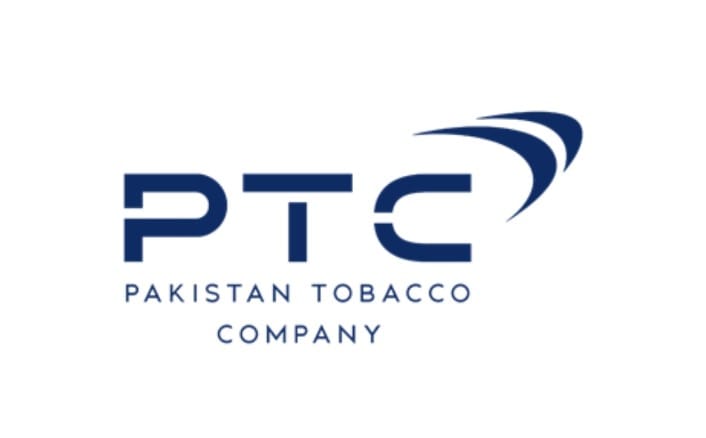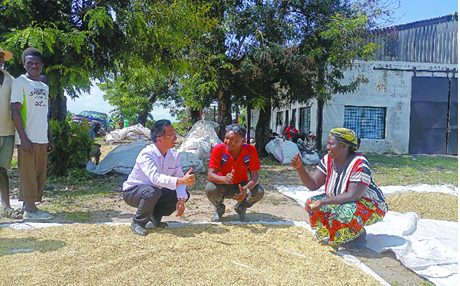Tobacco Industry Decries Lack of Enforcement Measures
Representatives from PTC on Monday expressed deep concerns over the sustainability of its business as a result of inappropriate policy measures and the alarming rise in illicit trade.
The recent data released by the Pakistan Bureau of Statistics, Large Scale Manufacturing (LSM) Index, has highlighted a significant and concerning trend within the legitimate tobacco sector.
According to the latest statistics, the production of the legitimate tobacco sector has fallen forty times more than the overall LSM Output during July ’23 to November ’23, however, the consumption of cigarettes has remained stagnant. This distressing trend underscores the adverse impact of policy decisions that have disproportionately affected the legitimate tobacco industry. A comprehensive and balanced approach to ensure a level playing field for the legitimate tobacco sector is imperative to ensure long term sustainability.
Despite the implementation of a Track & Trace System (TTS), rising incidence of fake stamps being affixed on counterfeit packs of leading cigarette brands was also a key issue shared by the representatives. “Around 850 million counterfeit cigarette sticks are currently being sold all across Pakistan including major metro cities like Karachi, Lahore, Islamabad and Rawalpindi. This figure stands equivalent to 42.5 million packs featuring fake stamps, resulting in substantial loss of approximately PKR 5.7 billion to Pakistan”, said Qasim Tariq, Senior Business Development Manager.
Rising counterfeit draws serious questions on the efficacy of the much-lauded track and trace system which is yet to be implemented across local cigarette manufactures in Pakistan and Azad Jammu & Kashmir (AJK). The representatives urged the Law Enforcement Agencies (LEAs) with jurisdiction to conduct extensive enforcement at retail level against this rising menace.
The representatives also shared their concerns about a recent misleading report making rounds in the media pertaining to missed revenue collection of the FBR. The claims made in the report, are not only false but also raise questions regarding the intentions behind publishing such a report. The report claims that the illicit sector is less than 10% across Pakistan. It is surprising that this number goes against even what the FBR itself claims of illicit trade being more than 36.5% for the period in question.
Secondly, the report claimed that government revenue declined due to fiscal changes in the excise structure but stops short of revealing the complete picture. Between 2012 – 2016, the government switched to a 2-Tier structure from a 3-Tier Structure which was implemented in Pakistan since 1992. This caused revenues to fall by more than 25% due to above inflation excise increase in 2015-16 and illicit trade hovered close to 50% of the market, as it is today. To curb the menace of illicit trade the government decided to re-introduce a 3-Tier system which not only increased revenues by more than 40% but also discouraged illicit cigarette trade.
Extensive government-led national anti-illicit trade strategy, effective fiscal measures and strict enforcement against illicit trade across the value chain with key focus on retail level is the need of the hour.












